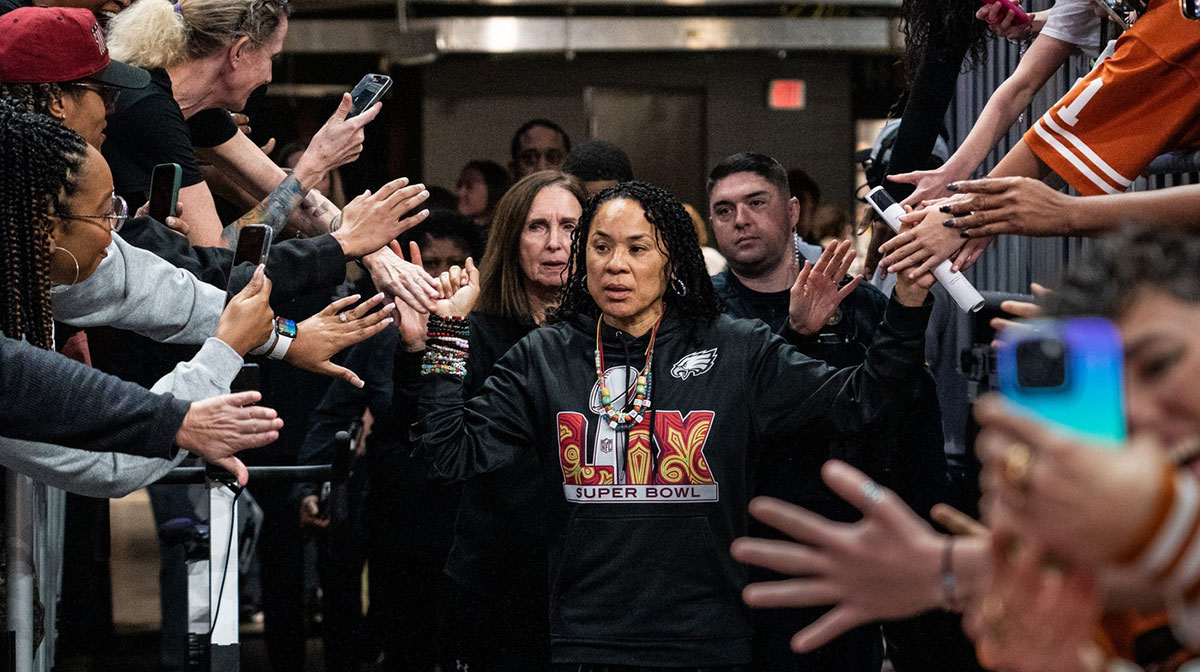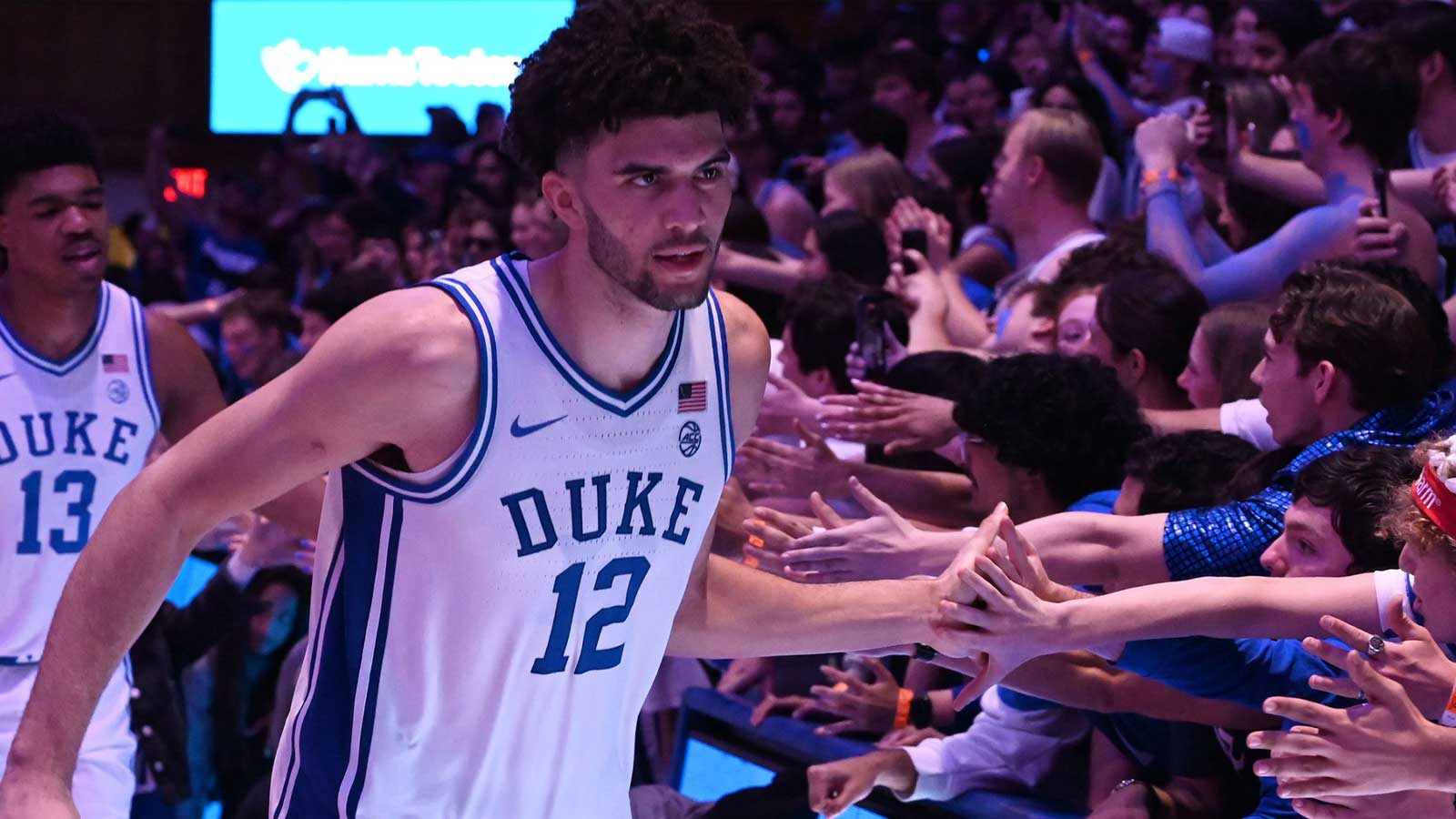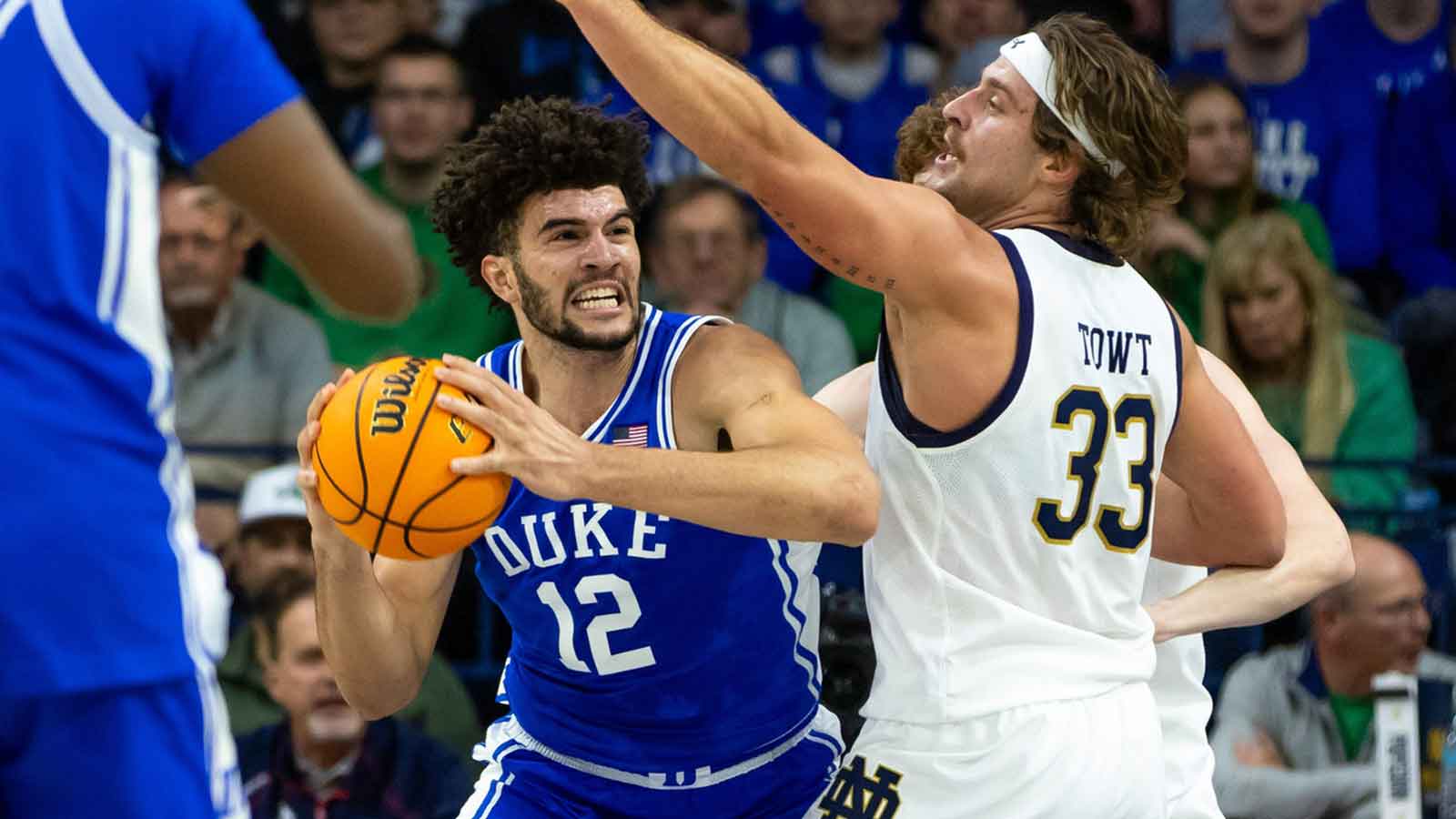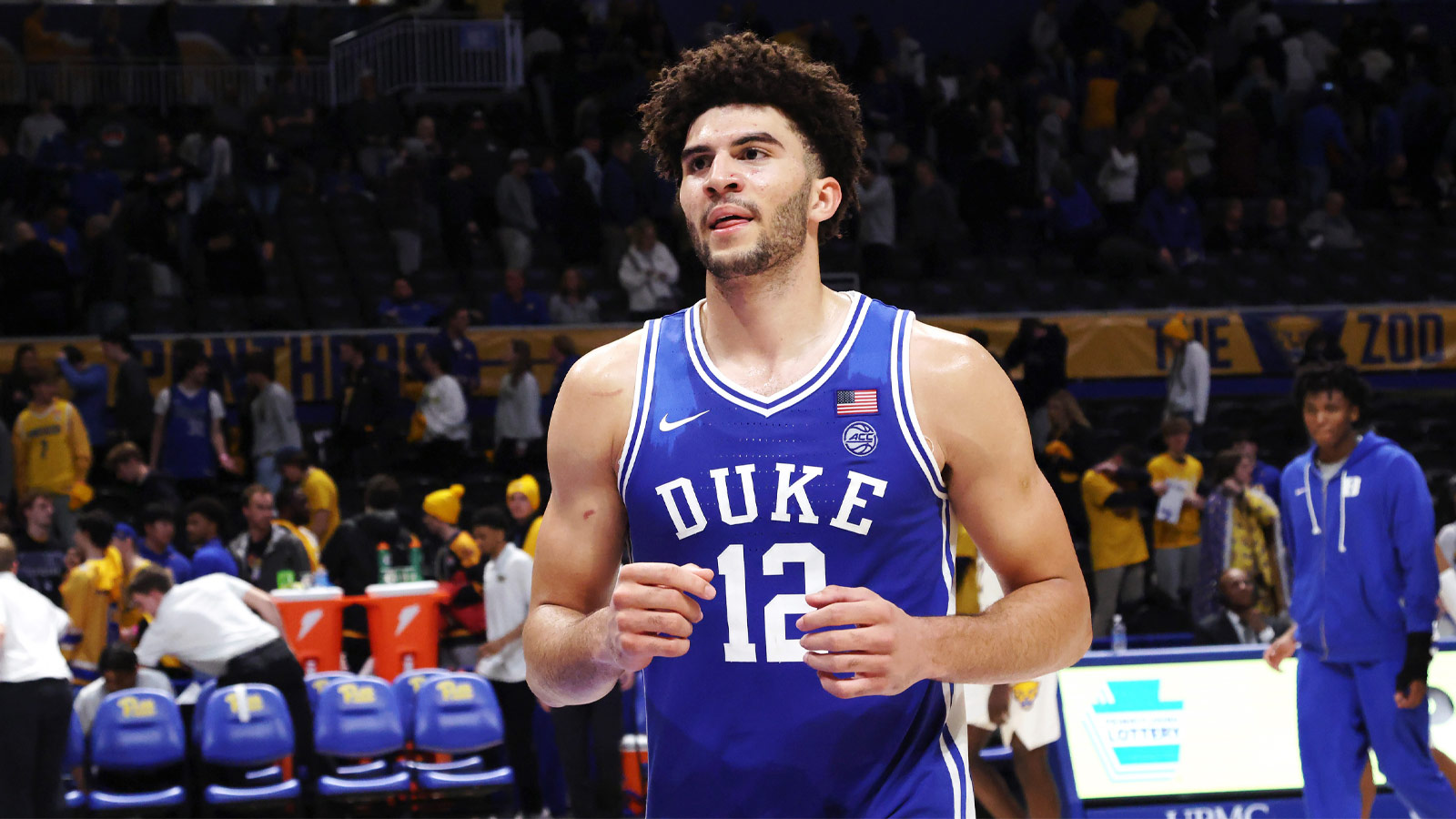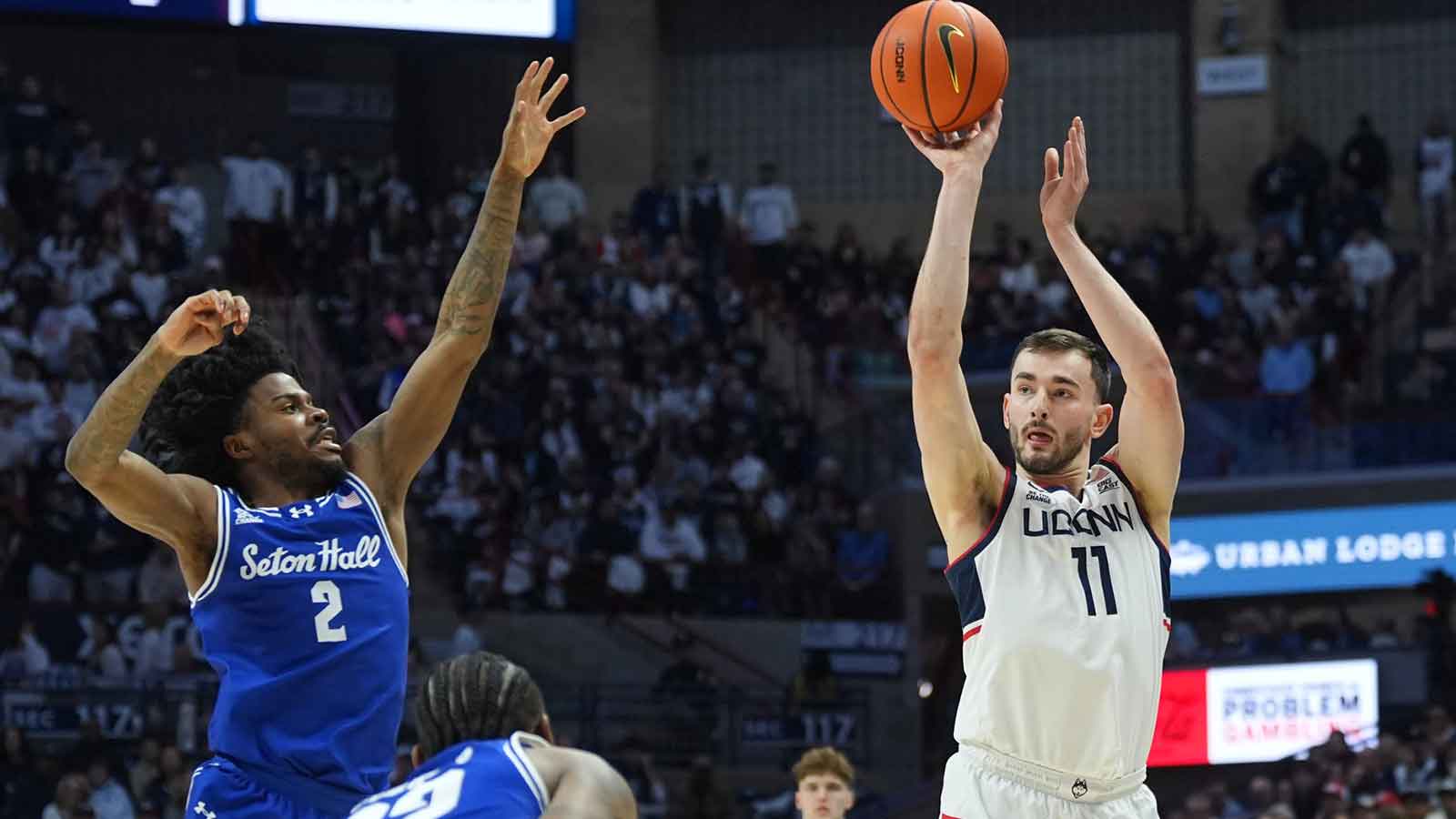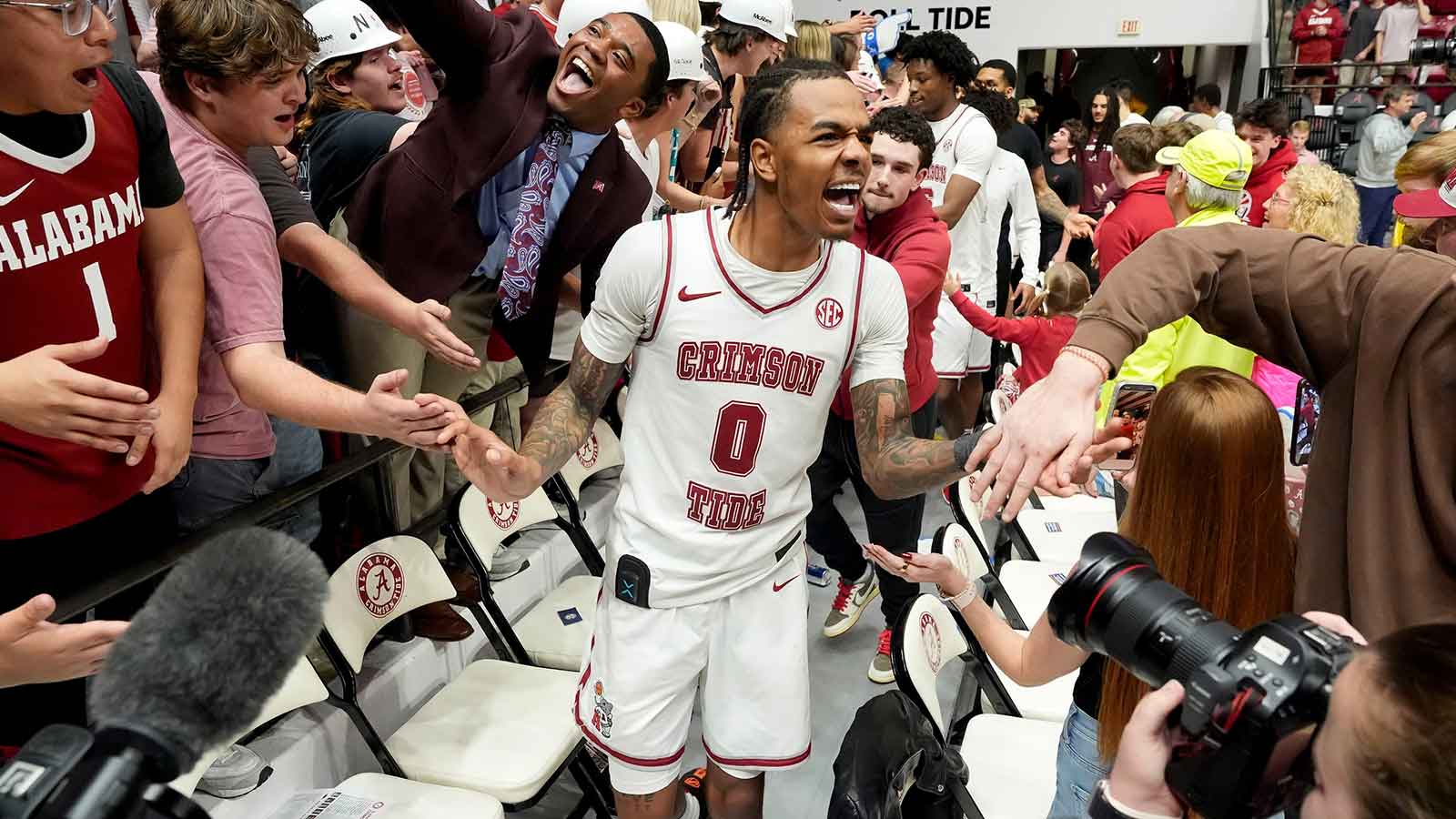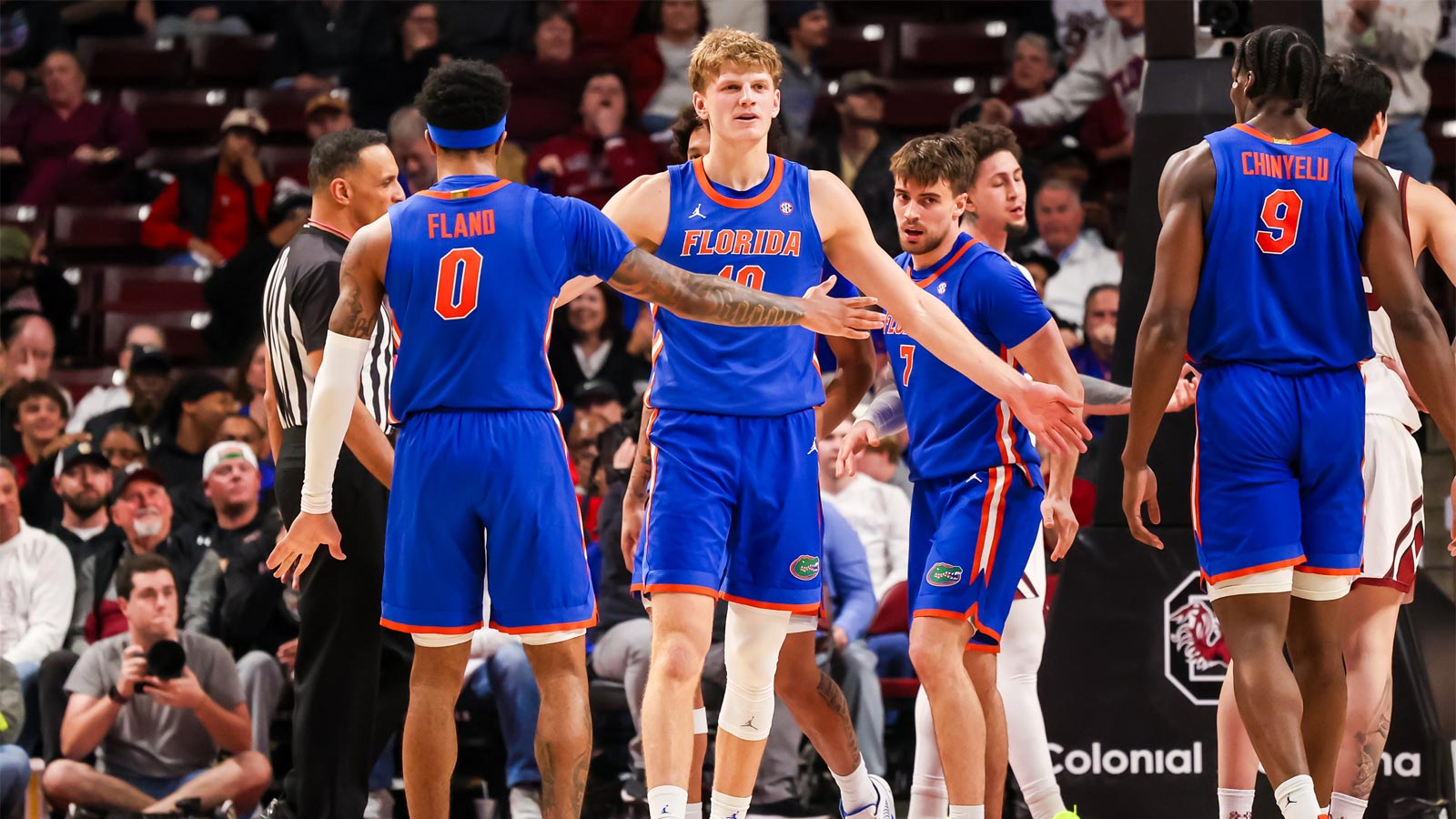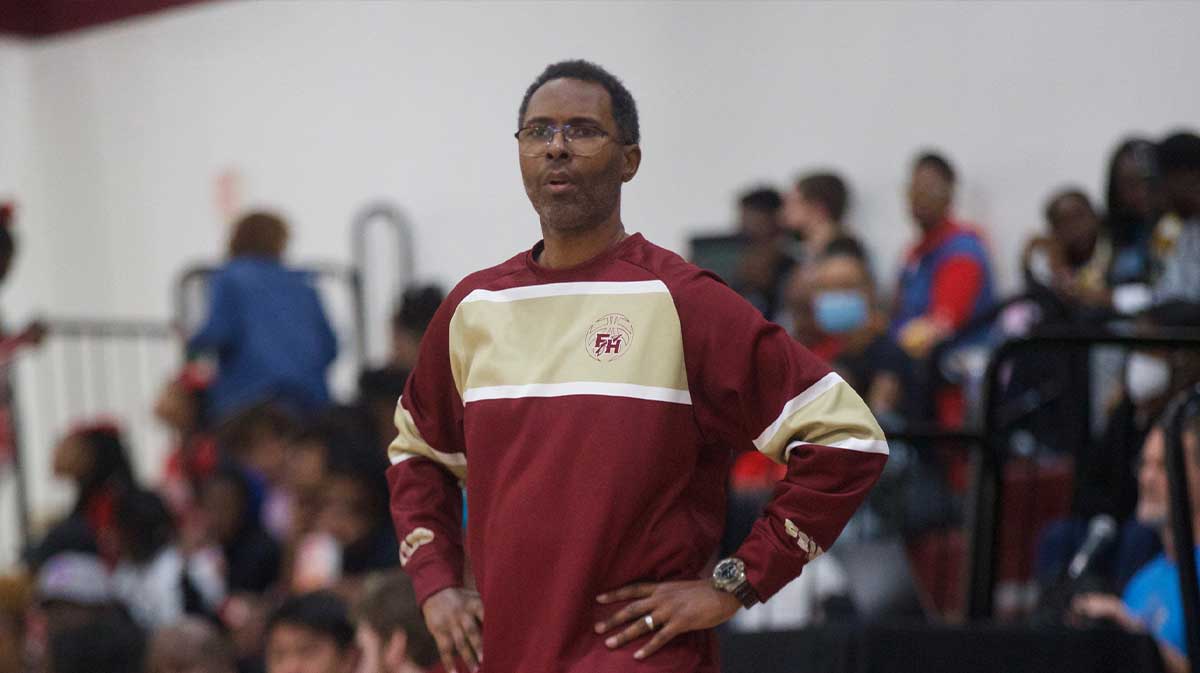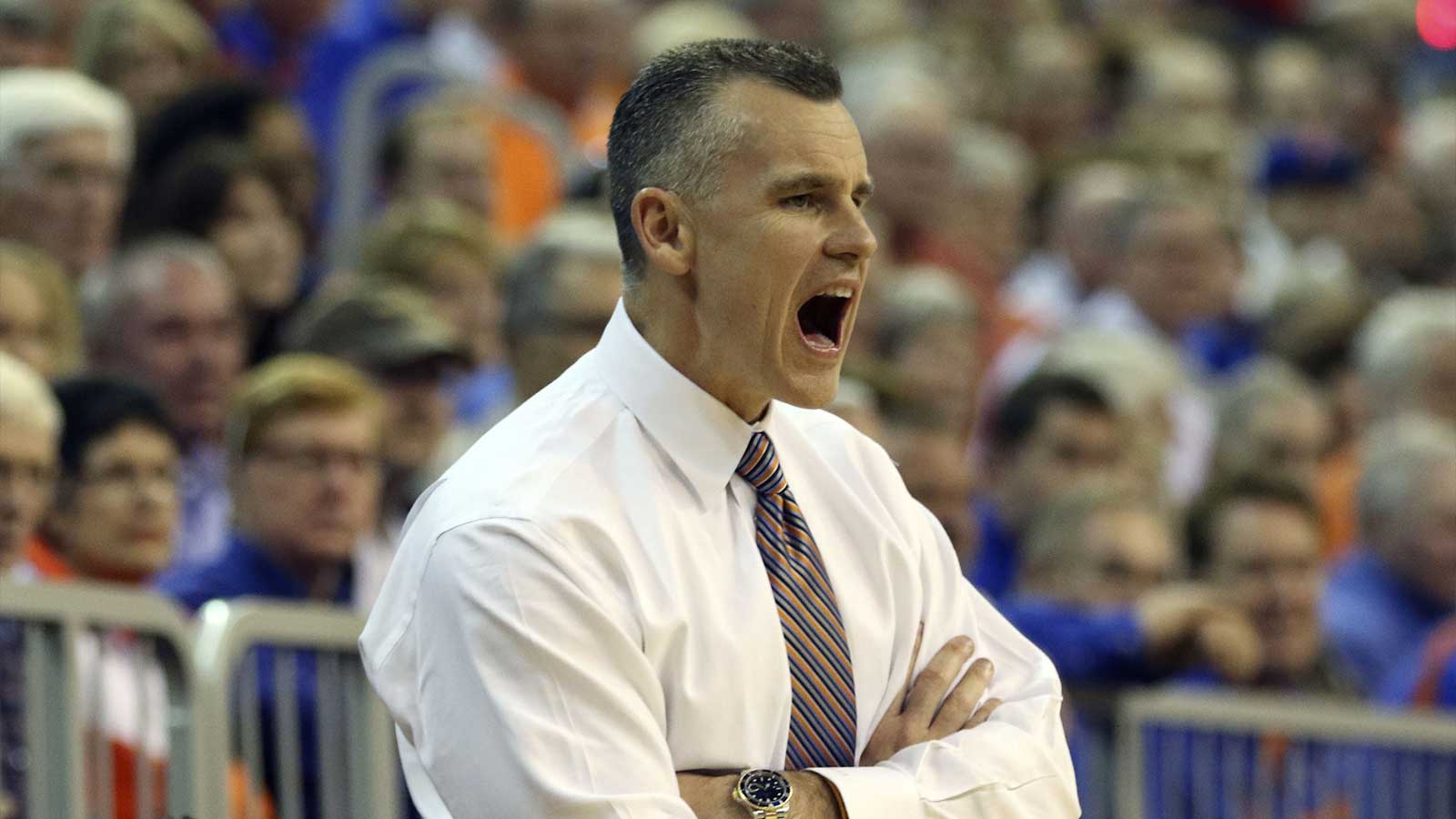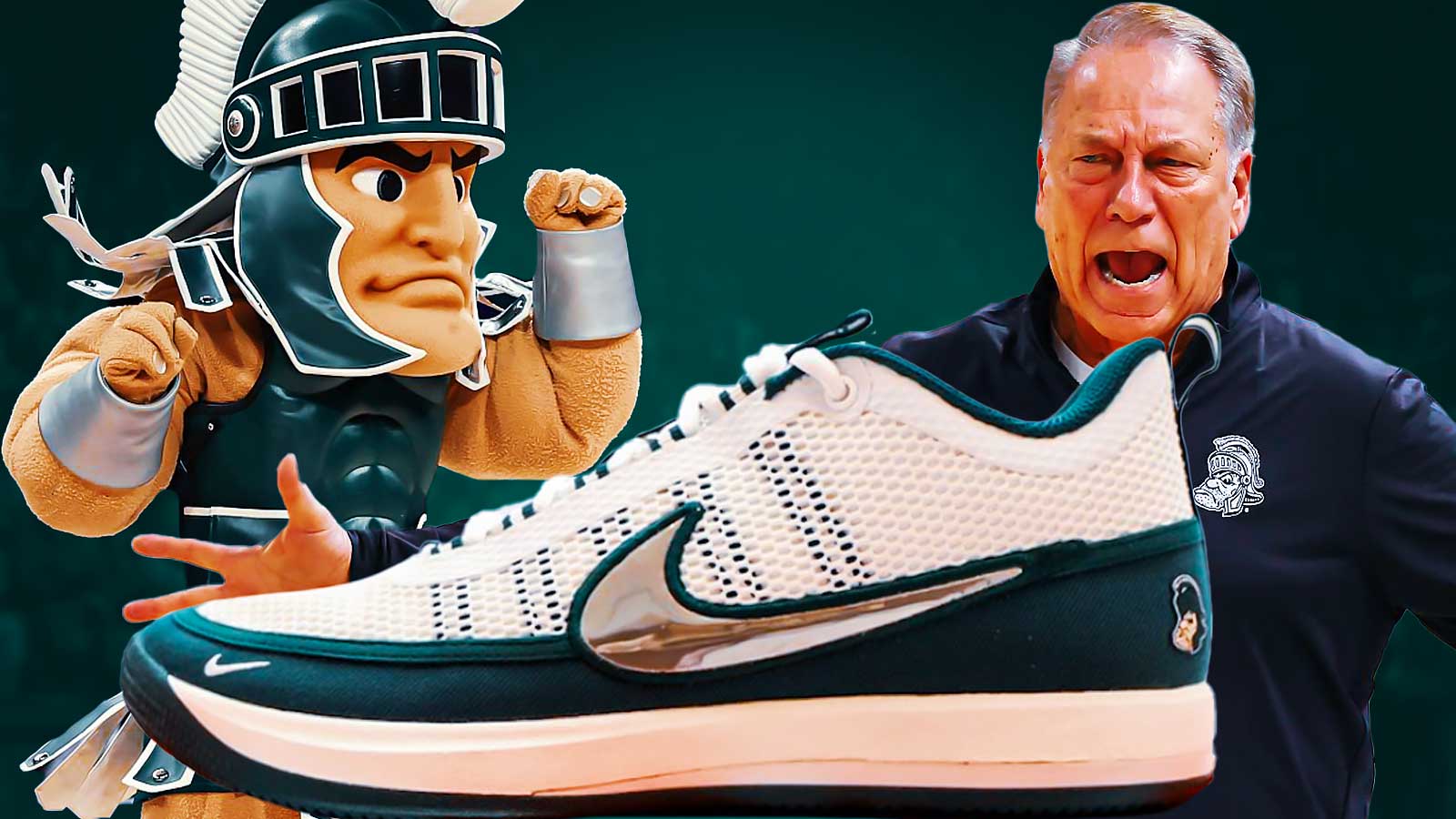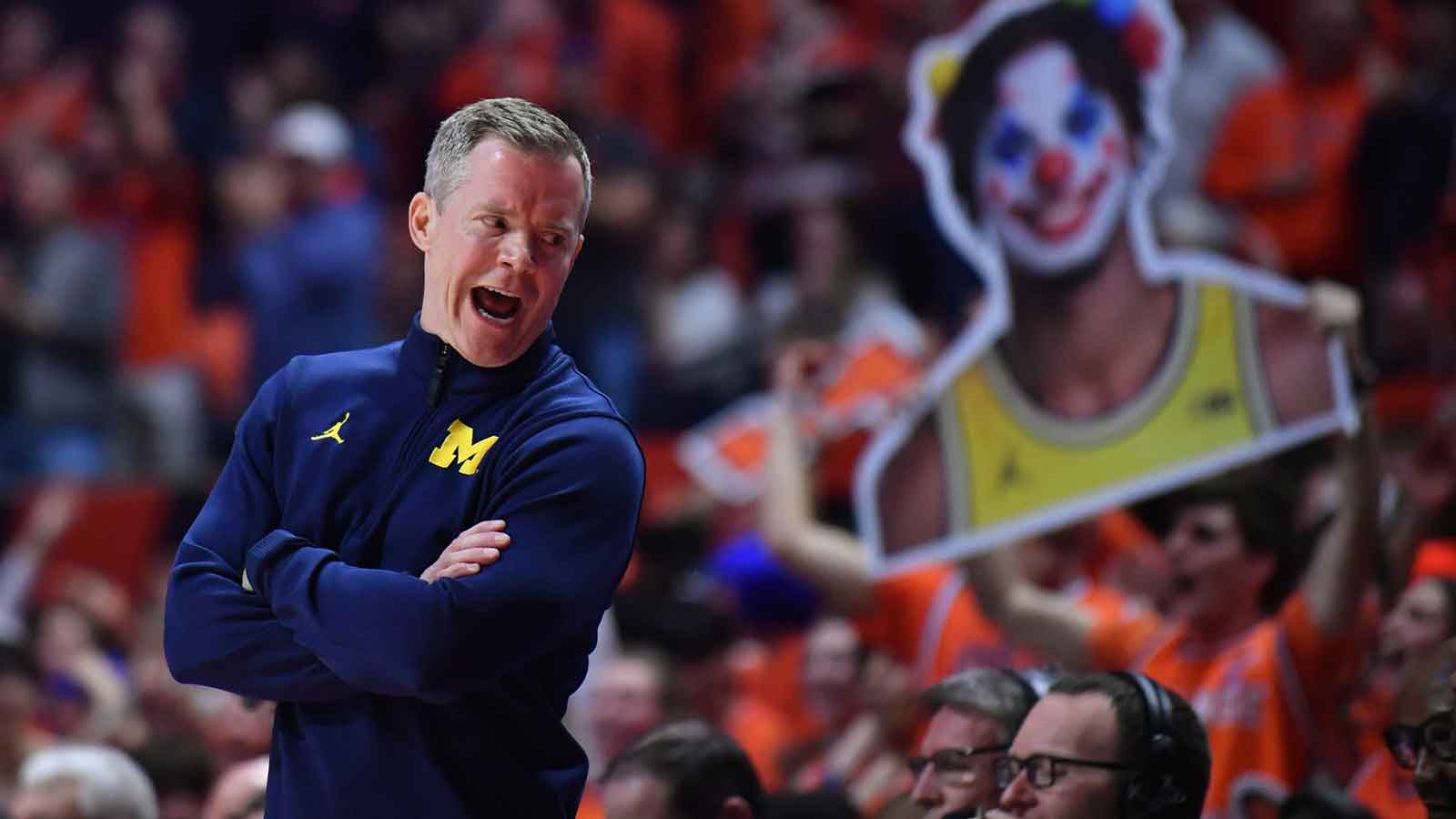The NCAA has undergone some massive transformations over the last few years, especially when it comes to the name, image, and likeness (NIL) debate and revenue sharing with student-athletes. A lawsuit that was settled in Congress allowed schools to begin paying players up to $20.5 million a year from July 1, changing the way athletic programs and head coaches like Dawn Staley have to manage their squads. On an episode of former First Lady Michelle Obama's podcast “IMO with Michelle Obama & Craig Robinson” this week, the South Carolina women's basketball legend opened up about her thoughts on and experiences with the complicated topic.
“Five years ago, it was all the NCAA benefiting, and it didn't trickle down to players. And now, it's a waterfall down to the players,” Staley said about the changes as a whole. “I'm supportive of it, I really am. I think it's long overdue.”
Even with her support, Staley didn't sugarcoat the downsides.
“But I do think it's out of control as well. We got to find a way to balance,” she added. “To keep it an amateur sport while allowing young people to go out there and benefit from their name, image, and likeness.”
Obama dove into more specifics with Staley, questioning how much she's seen the decision impact the current generation of players who are the first to receive the payments. When she asked whether the revenue sharing has added any conflict or created changes in players' attitudes in the locker room, Staley was quick to answer.
“No. Knock on wood, I hope it doesn't,” Staley responded. “I think I'm clear. … I do all my talking to the agents.” She continued to explain how she attempts to keep the peace now and going forward with the new norm.
“I do make them sign NDAs (non-disclosure agreements) about what they get,” Staley admitted. “Now, whether they can stick with that or not? Some of them get disgruntled and maybe transfer and just say what ‘I was making [amount]' and it can stir up the pot, but I'm very honest,” the three-time champion coach said. “I'll tell them, there's a reason why you get paid this and you get paid that. I'll explain that to them.”
But Staley revealed that the hardest aspect to navigate with the introduction of revenue sharing comes in the recruitment process. Now that student-athletes are coming into the NCAA system knowing there's money to be made off their talents, attracting and keeping prospects has created a new hurdle.
“[Recruiting's] the difficult part,” Staley said. “The market says that if you're a non-contributor and you go into the portal, they can go ask a school like us for $100,000. If I entertain that, they're going to take it to another school, (say) ‘Hey, South Carolina offered me a hundred grand, you got $150,000?”
The courtside boss made it clear that although the numbers look high, the money doesn't go as far as some might think — especially for women's sports.
“For us at South Carolina, we got a certain amount of money that we have to work with. And I don't overpromise. I stay within the budget, the revenue share budget that we have, and I do some innovative things as well to help our players out in this space,” Staley explained. “We play games for money, and that money goes directly to our players.”
The settlement from the NCAA's $20 billion lawsuit does factor into the amount of money Staley has to navigate, too, but probably not as much as the public might think. “Probably $20 million per school, but that's football, that's men's basketball, and maybe sprinkling women's basketball and other Olympic sports,” Staley mused.
South Carolina women's basketball will have the special opportunity to add to its earned revenue, however. The inaugural four-team Players Era Women's Championship will take place at the end of November. The Gamecocks will face off against Duke and either Texas or UCLA over Thanksgiving break, giving athletes the chance to add $1 million to their NIL money pool during the in-season tournament.

